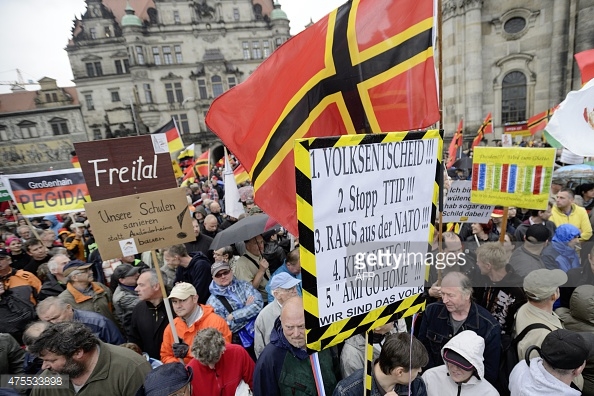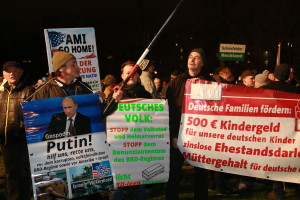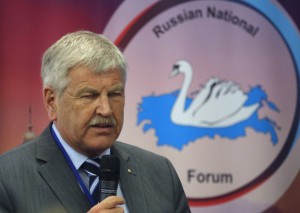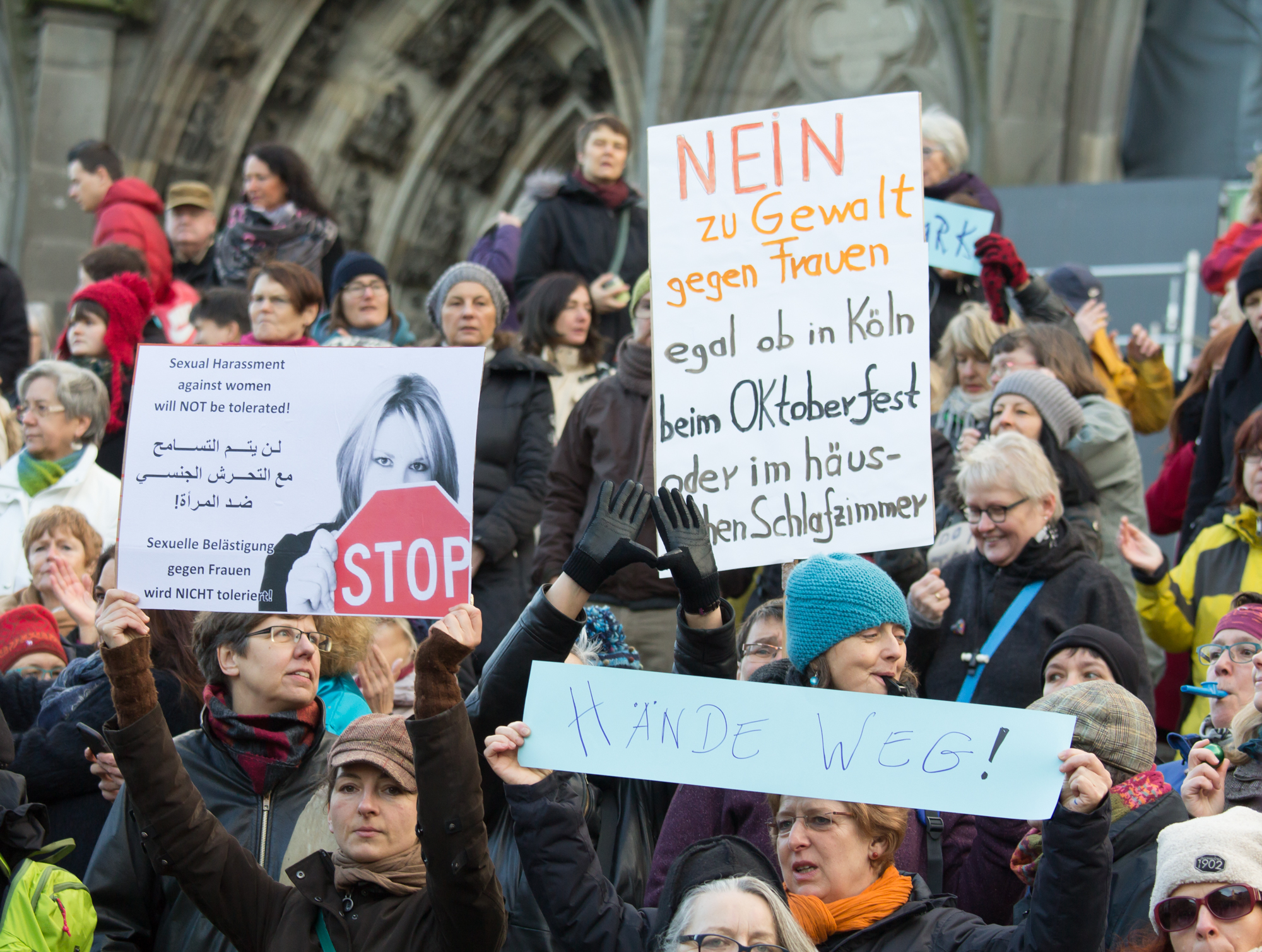Traditionally criticism and resentment of NATO has come from the left wing, but in western Europe it is becoming increasingly a bedrock of the far right. Radical left-wing movements have incorporated resentment for NATO as part of their Anti-Americanism since the Vietnam era, resentment from the right however is a particularly new phenomenon. Right-wing populist parties have been very vocal at voicing their anti-NATO rhetoric in parliaments across Europe and exclaiming their solidarity with Putin. These Parties are often called “The New Right” as they divert from traditional conservative parties and draw their support from those who feel unsatisfied with the political establishment.
Whether they are on the left or right, the claim of critics is the same: NATO is endangering peace in Europe with its aggressive approach in the Ukraine crisis, Putin on the other hand is acting on behalf of the Russian people, to secure peace in the region. At the core of this pro-Putin sentiment amongst The New Right is a resurgence of Nationalism combined with a deep resentment of the US. Traditionally anti-Americanism is a feature of the European left, but the Ukraine Crisis and the NSA scandal have sparked a similar antipathy on the right.The ideological overlap between parties of the new right and Putins “United Russia” is primarily Nationalism and anti-Westernism. IN the eyes of the new right, the EU is a destructive force for European national identity and NATO an arm of the imperialist USA and Putins Russia is the only force in Europe powerful enough to stand against it.
In 2014 Marine Le Pen, leader of the Front National, went received 40 million Euro from a Russian bank linked to the Kremlin, as did other European parties, such as the Freedom Party in Austria, Hungary’s Jobbek, Greece’s Golden Dawn and Italy’s Northern League, all parties attributed to the new right. In March 2015 Europe’s most prominent right wing populist parties met in St. Petersburg at the International Russian Conservative Forum (IRCF), to show their support for Putin and his annexation of Ukrainian territory. Udo Voigt, leader of the German NPD held a speech in which he complimented Putin saying: “It is incredible what patience Russia and President Putin have shown in the face of NATO’s aggressive policies.” Marine Le Pen, also went on Russian Television following the Forum, to condemn EU sanctions against Moscow and anti-Russian “propaganda”, which she claimed is being done “under orders from the US”.
It seems that Putin is trying to establish a Platform for Pro-Russian Propaganda in Western European Parliaments. Since NATO’s reputation amongst the European public has continuously declined throughout the last years, additional pressure from the right could affect the approach of governments towards the Ukraine crisis and increase tension amongst NATO members.
Putin’s Proxies in the “New-Right” movement have the potential to give anti-NATO sentiment a prominent voice in European Parliaments and in the political discourse. The lack of coalition partners and a general abhorrence in the media and the public have previously prevented Rightwing Populists from forming National Governments, so it is unlikely that their anti-NATO rhetoric will impact the relationship European Nations have with the military alliance. As economic turmoil continues to destabilize the European Union however, Populist parties from both the Left and the Right will continue to gain momentum and could stir up the public against NATO.






